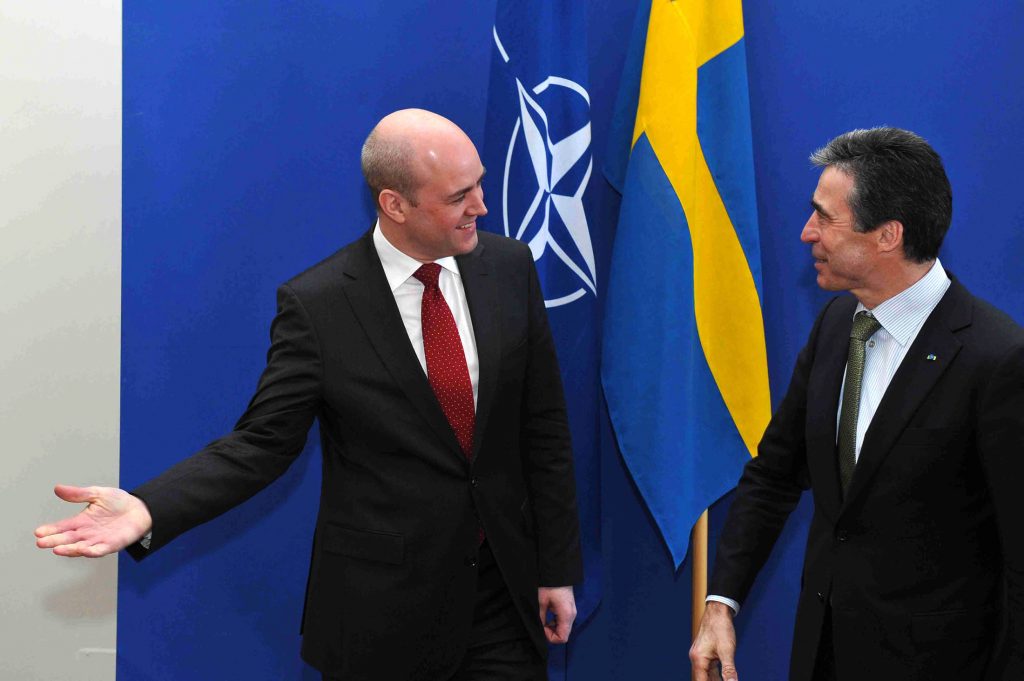
From Justyna Gotkowska, Center for Eastern Studies: Sweden sees the problem with ensuring its Armed Forces‘ interoperability with NATO troops since the intensive co-operation on foreign missions in Afghanistan, Kosovo and Libya has been drawing to an end. This concerns not only the possibilities of joint participation in foreign missions alongside NATO member states but also possible operations in the Nordic-Baltic region. Recent Swedish debates on security policy and the condition of the military have revealed deficiencies in the Swedish Armed Forces’ defence capabilities. Furthermore, Russian military exercises close to the Swedish border in April this year strengthened concerns about rising uncertainty in the Nordic-Baltic region. The discussion seems to have resulted in the conviction that closer co-operation with NATO is inevitable. . . .
However, the desire to co-operate closer with NATO will not lead Sweden down the road of applying for membership soon. NATO membership is not sufficiently supported by the public. According to a public opinion poll conducted in May 2013, 32% of respondents were for and 40% were against. Nor is accession supported by the majority of the political parties. Thus a long debate on this issue is needed in Sweden, and the condition for this decision to be taken is for there to be internal political consensus. It is quite unlikely that NATO membership could become an objective for a new government to be formed after the election in 2014. The government is likely to be formed by the current opposition led by the Social Democrats, who have recently changed their stance into one more favourable of closer co-operation (they have agreed to Sweden’s participation in the NRF), but are still opposed Sweden joining NATO. (photo: NATO) (via Sweden at NATO)
Image: nato%207%2013%2015%20Sweden.jpg
